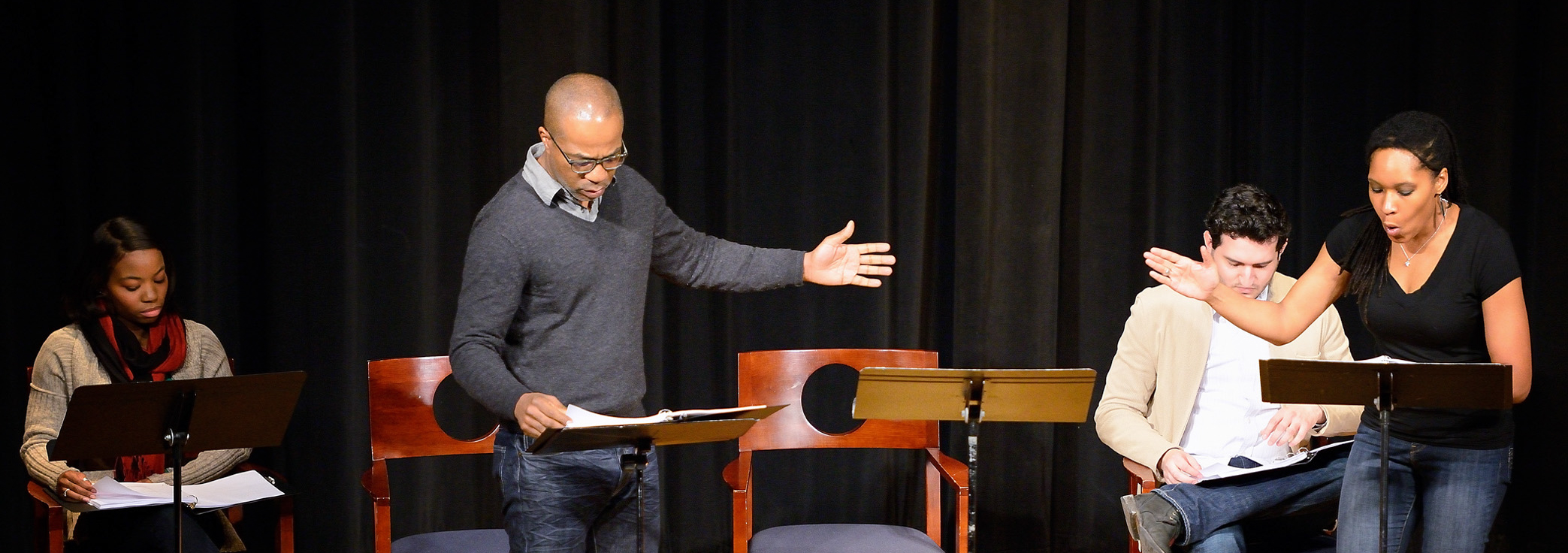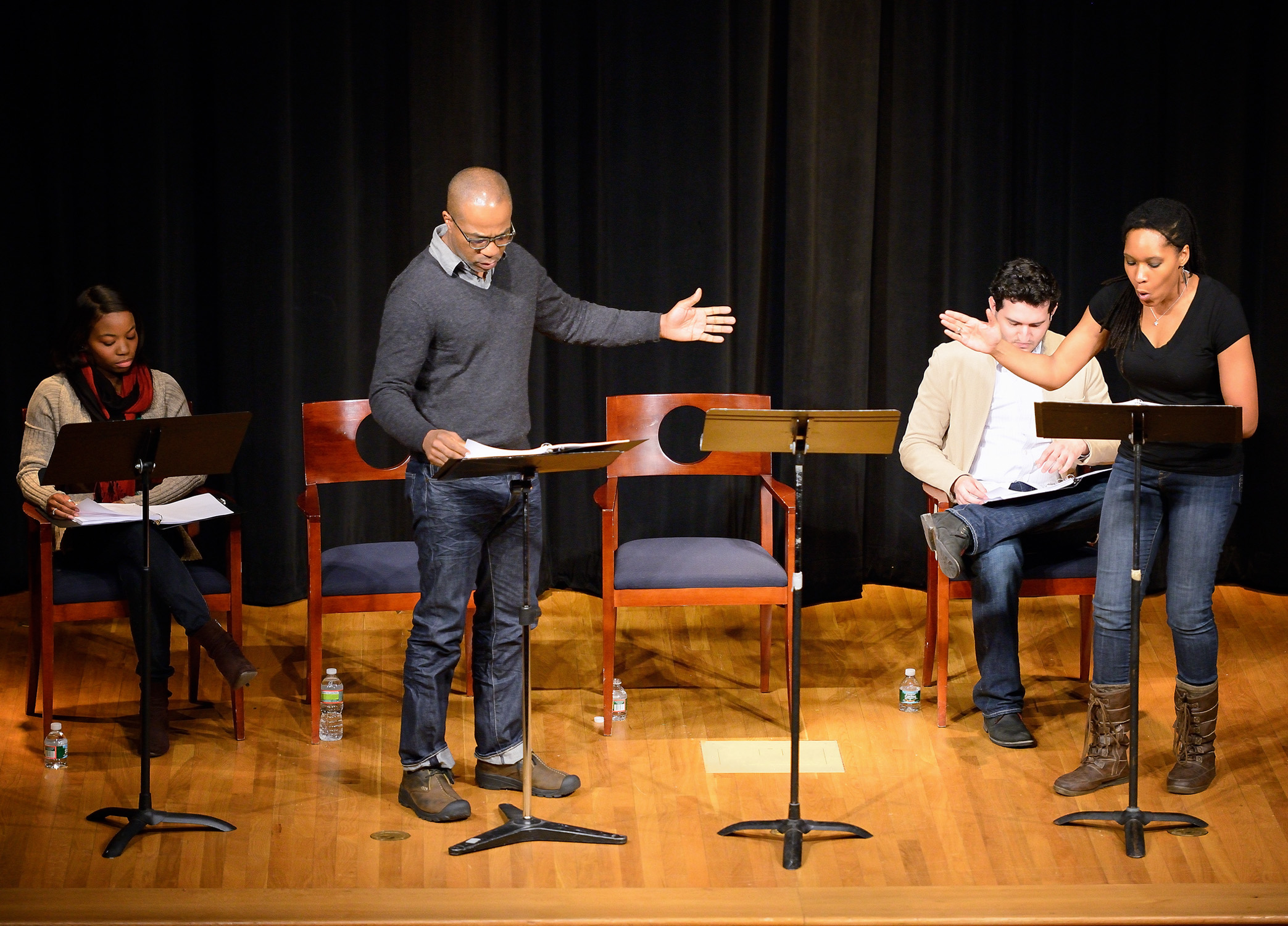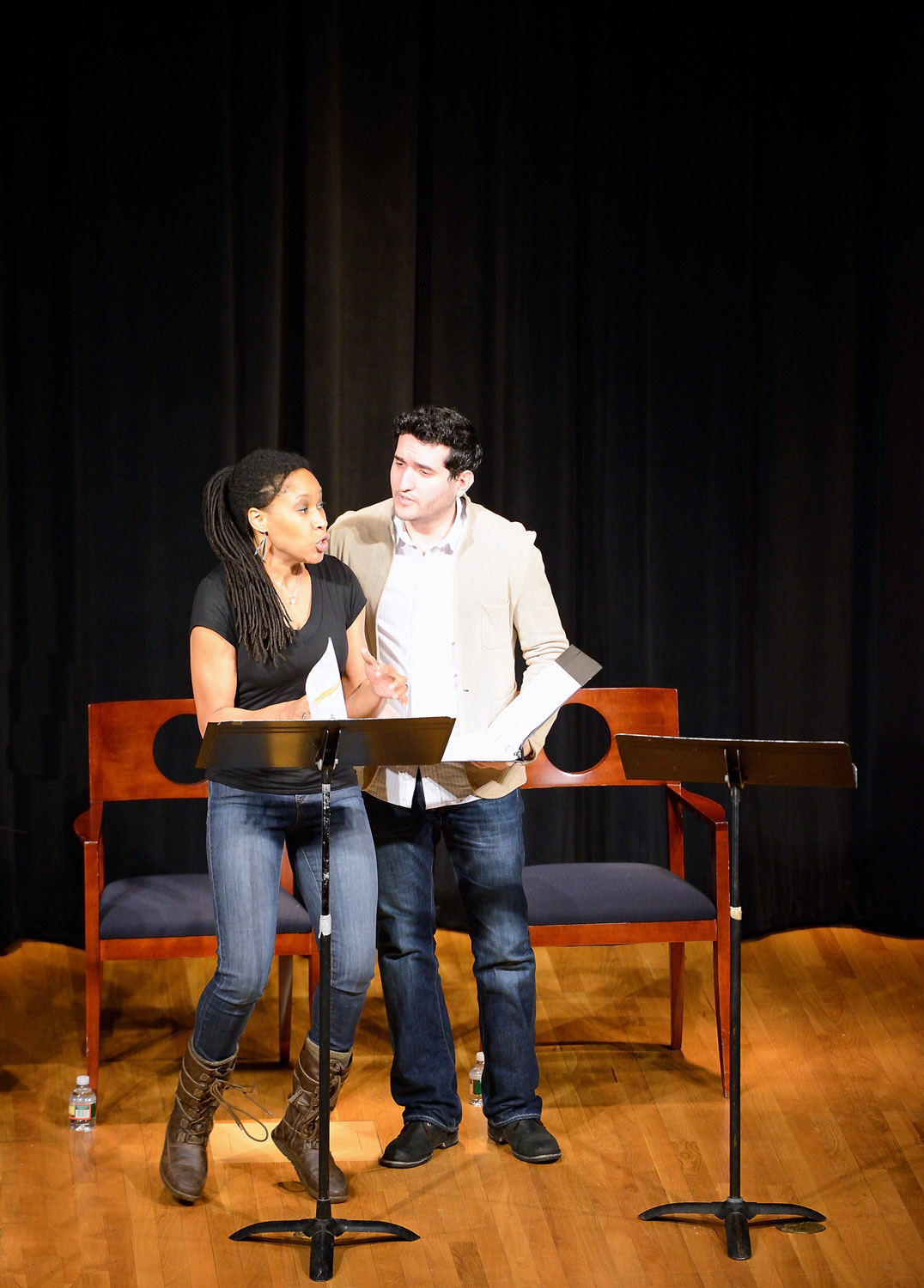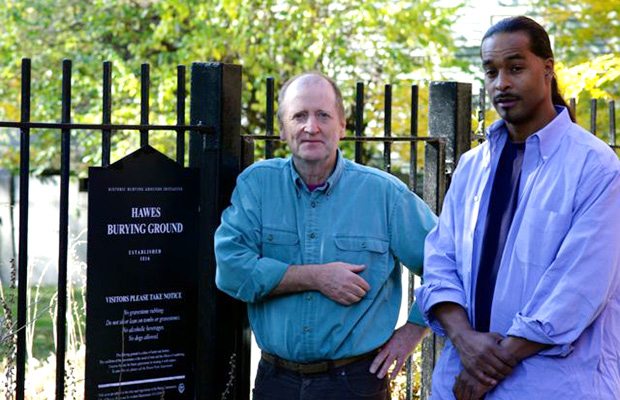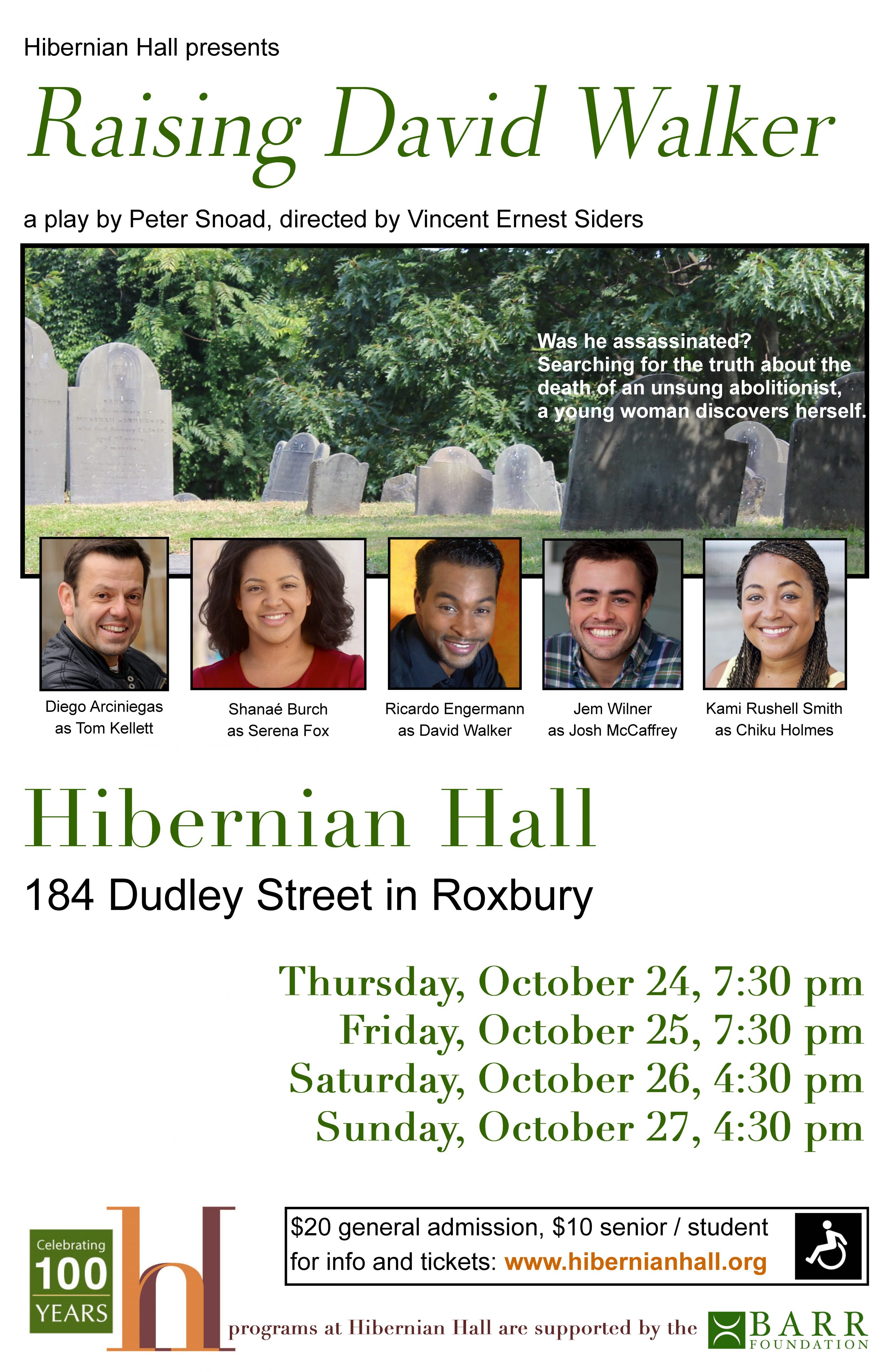Determined to learn the truth about Walker’s death, she leads a campaign to build a memorial at his unmarked gravesite in South Boston – and to exhume his remains. Her controversial quest triggers a media backlash, hate calls, and a rupture in her relationship with her white boyfriend. But Walker’s inspirational example gives Serena the strength and self-belief to continue working for racial justice.
Productions
Hibernian Hall, Roxbury, MA, 2013
Development
Reading, New Jersey Performing Arts Center/Newark Museum, Newark, NJ, 2013
Reading, Baltimore Playwrights Festival, Baltimore, MD, 2012
Reading, The Democracy Center, Cambridge, MA 2012
Reading, Mixed Phoenix Theatre Group, New York, NY, 2012
Details
Drama
Full-length
Cast size: 5–6
Roles by gender: 3 men, 2 women
Roles by race: 3 Black or African American, 2 white
Read the first act:
DownloadRead the most recent version:
New Play Exchange- Who was David Walker?
David Walker (c.1797-1830) is one of the most important Americans you’ve probably never heard of. A courageous and visionary African American leader and activist, he campaigned for the immediate end of slavery in the United States, and pushed other abolitionists to be bolder and more radical in their thinking and actions. Walker has inspired many generations of Black leaders and activists, and his influence continues to be felt in the ongoing struggle for equal rights and racial justice in the U.S.
Walker is best known for his pamphlet “Walker’s Appeal to the Colored Citizens of the World”. This passionate espousal of Black liberation called upon his “afflicted and slumbering brethren” to rise up and cast off the chains that bound their minds as well as their bodies. From his base in Boston, Massachusetts, Walker arranged for the Appeal’s distribution throughout the South via underground networks of allies and sympathizers. Authorities were alarmed by the Appeal and its potential to ignite revolt among the enslaved, and did everything in their power to suppress it. The governor of Georgia promised a reward of $10,000 for Walker’s capture.
Born in Wilmington, North Carolina, David Walker spent his most influential years in Boston. He was a prominent leader of the vibrant African American community on Beacon Hill’s north slope which was a fulcrum of anti-slavery activism and advocacy for equal rights. He died in 1830. The official cause of death was tuberculosis, but many in the community believed Walker was murdered, perhaps poisoned.


